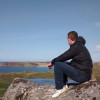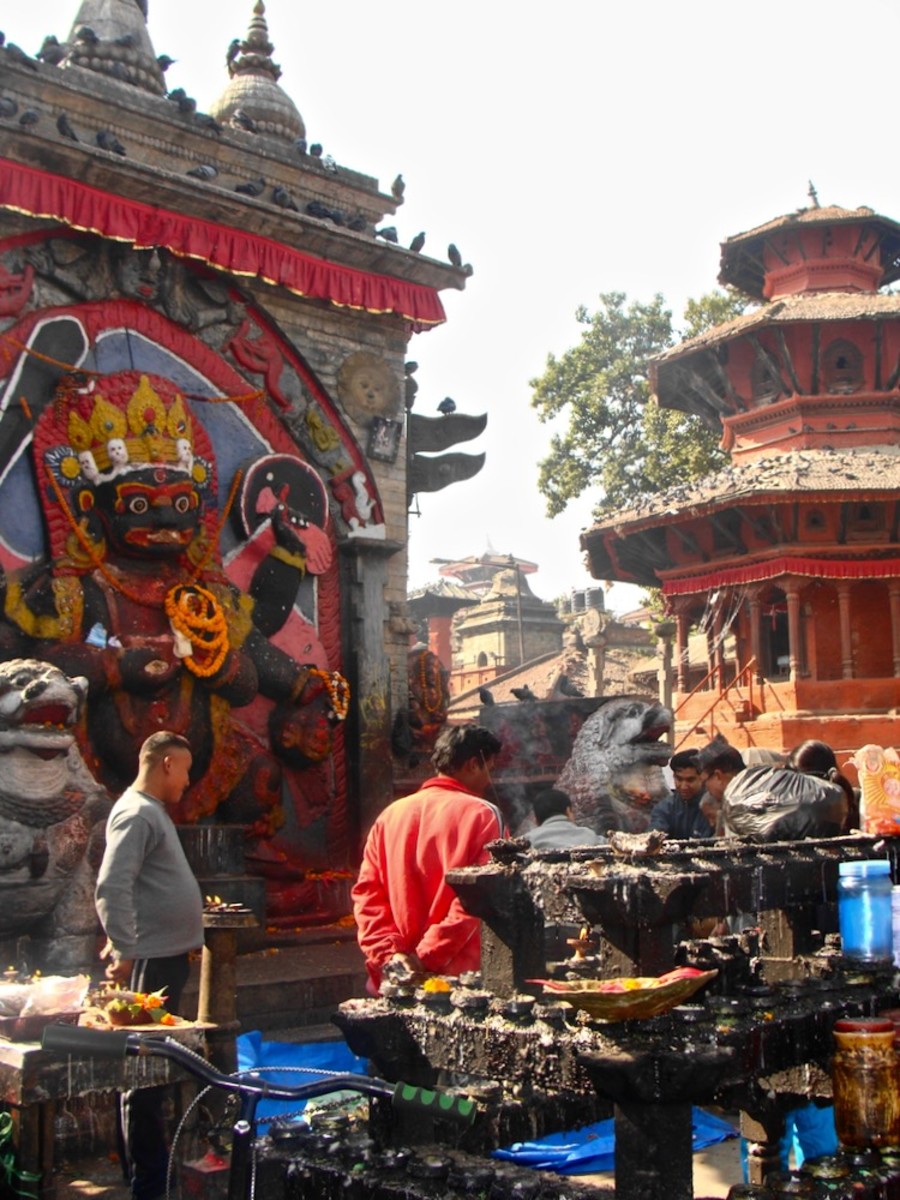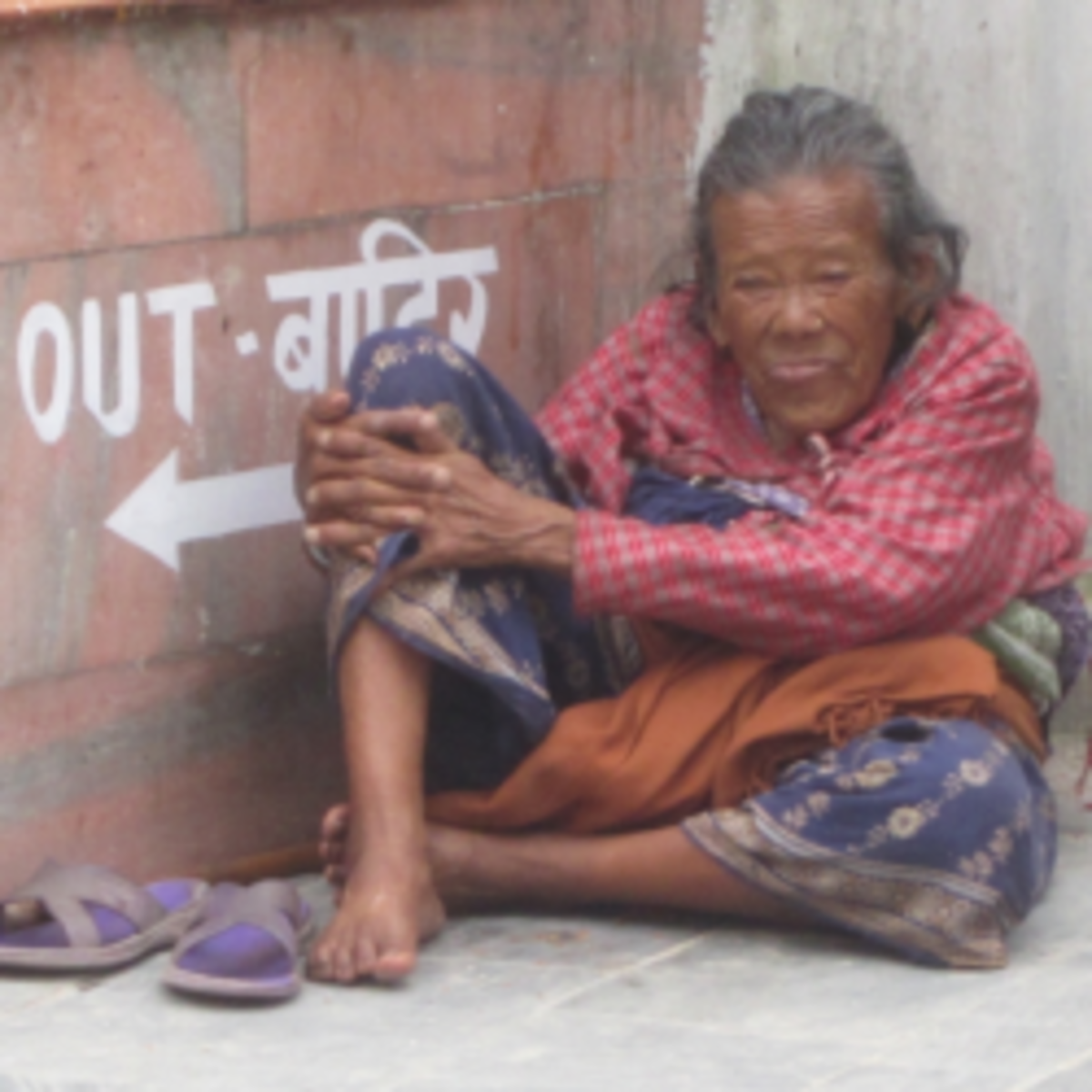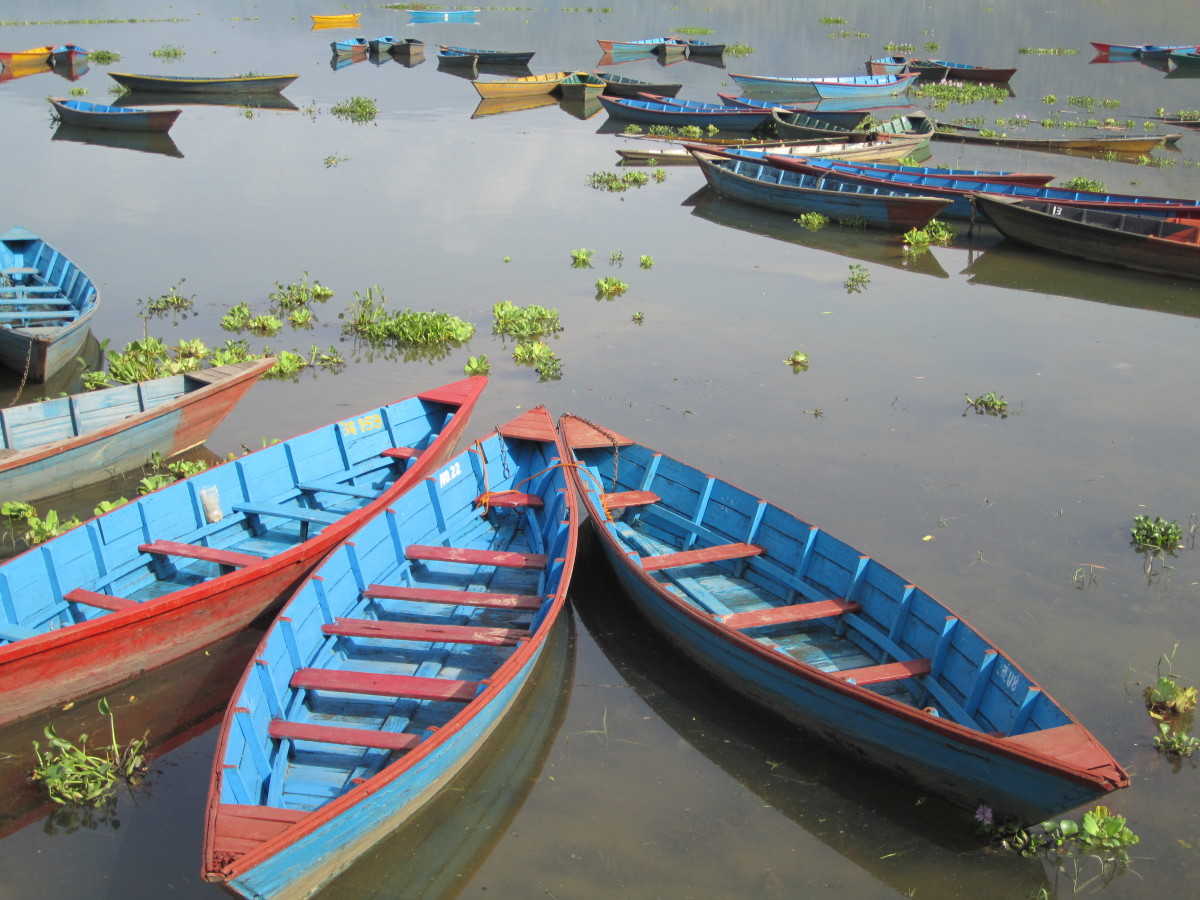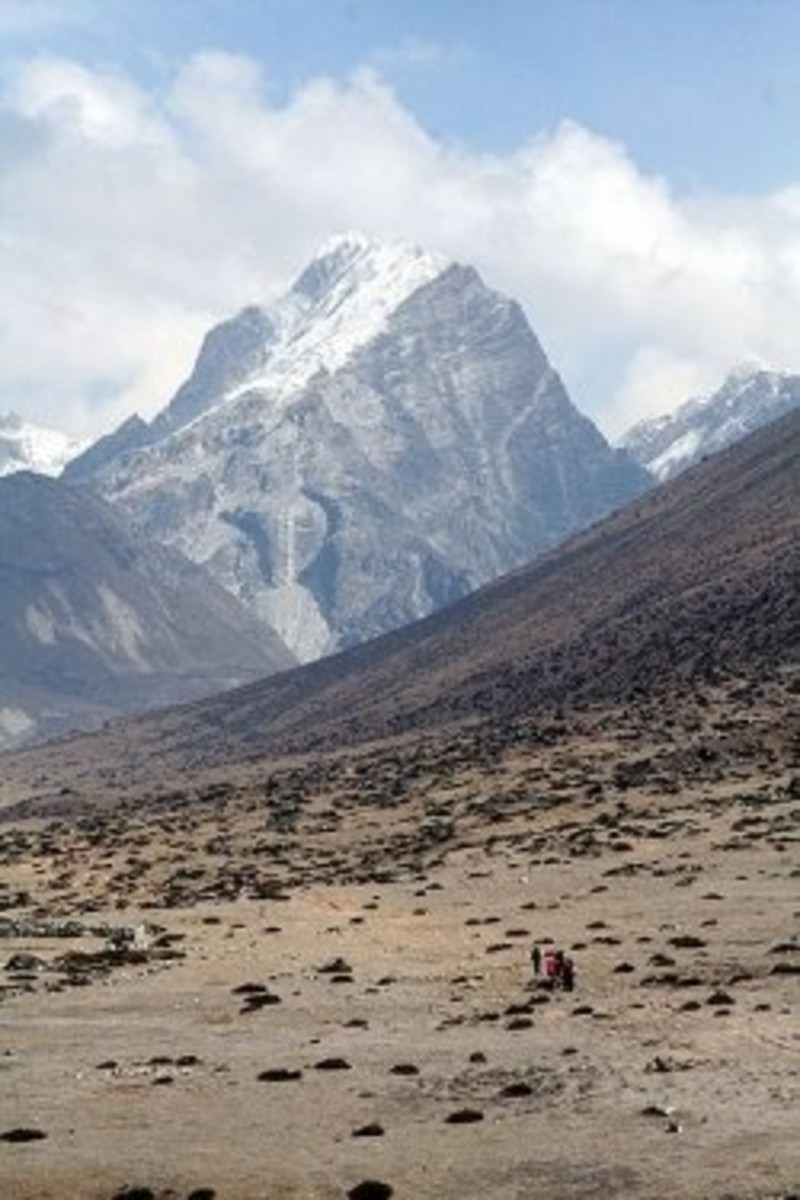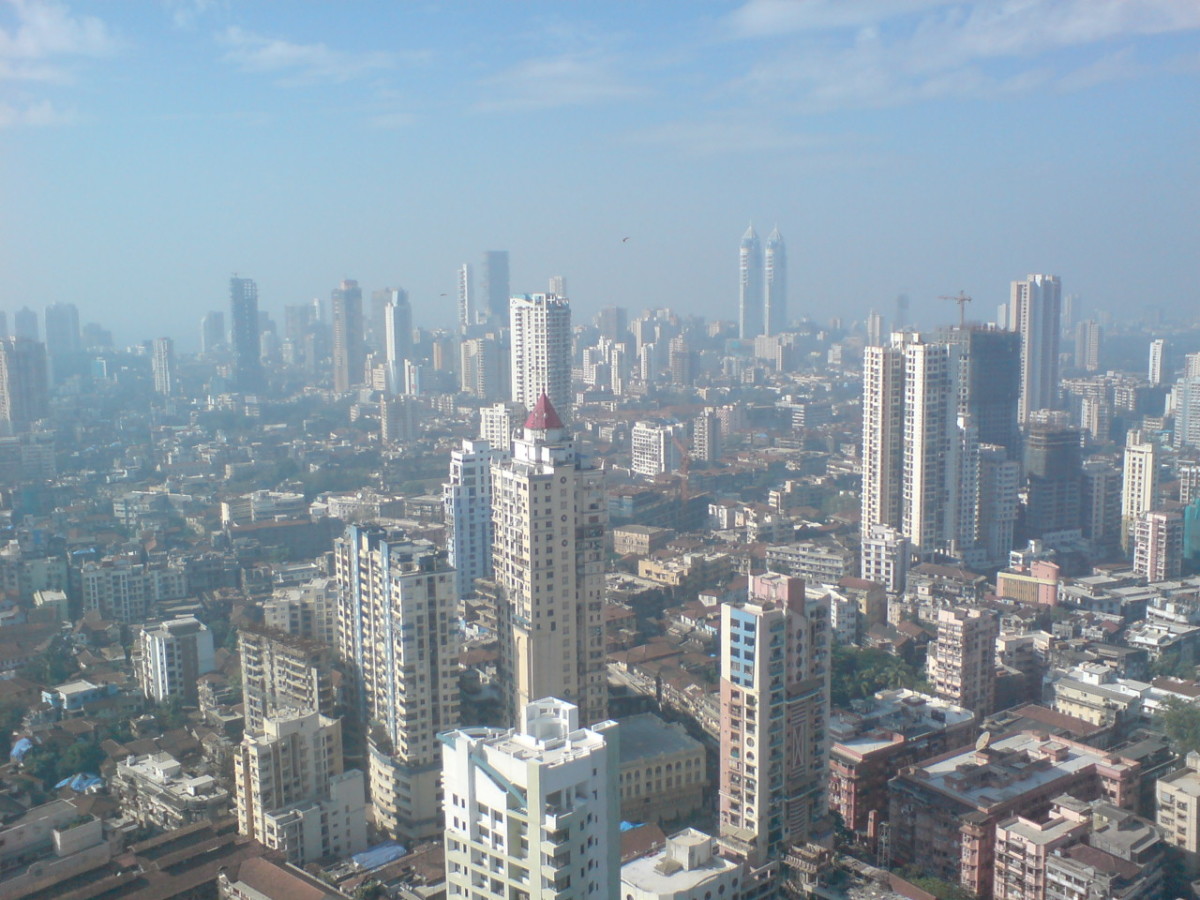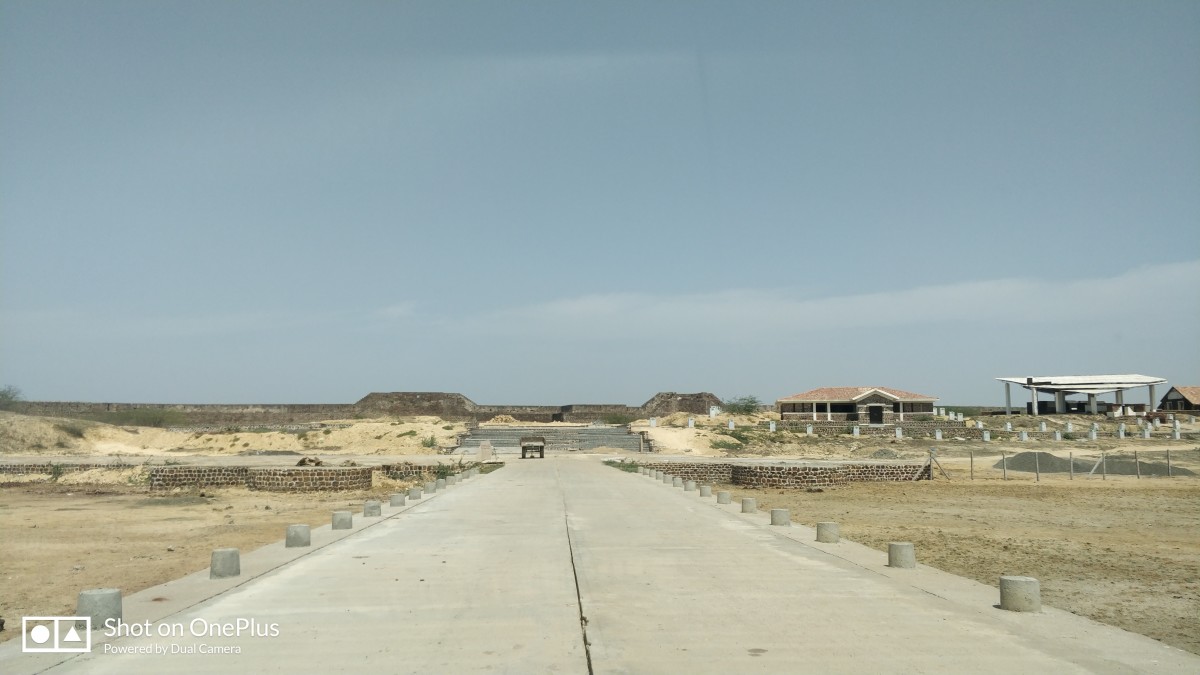- HubPages»
- Travel and Places»
- Visiting Asia»
- Southern Asia
Is Personal Safety an Issue When Trekking in Nepal?
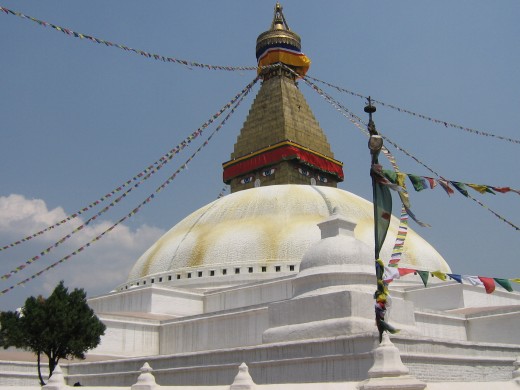
Although there are a great many places hikers can go to explore the unrivaled majesty and splendid isolation of the Himalaya, it is fair to say many travelers put the small mountain kingdom - now Federal Democratic Republic - of Nepal right at the top of their list. However, whilst most first time visitors to Nepal feel excited about getting the chance to explore this remote and ostensibly exotic part of the world, their enthusiasm is often mixed with a little apprehension. The reason for this is that some people look at Nepal's status as a developing country - and at hiking's reputation for being a sometimes dangerous activity - and worry a little.

This is a great shame as, even though there are some features of Nepal (and of hiking) which may pose a risk to some individuals, these features are no more pronounced in Nepal than they are in most other parts of the world. Of the myriad issues and concerns which could conspire to keep first time visitors to Nepal awake at night, it is perhaps the issues of personal well-being, altitude sickness, and malaria which are likely to cause the most consternation.
Below is a brief overview of each of these topics, along with some information explaining why they aren't perhaps as big a concern as some people might think.
Personal well-being
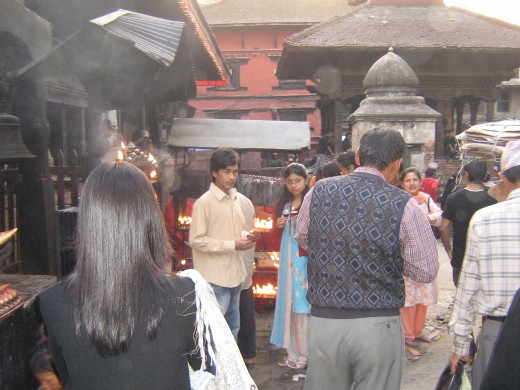
Although Nepal is a developing country, its friendly people and welcoming culture ensure there is really very little here for sensible travelers to feel threatened by. For instance, Nepal has a very modest crime rate, especially when compared with some other countries in Asia. While there will invariably be a few pickpockets operating in busy tourist areas and the odd guide or tout charging a little more than perhaps they should; these are things which travelers can easily take precautions against. Moreover, the Maoist rebels who used to 'ask' foreign hikers for financial contributions up in the hills have all but disappeared since the civil unrest in Nepal ended.
The truth is, the main threat to most first-time visitors to Nepal is actually sexually transmitted diseases (STDs). Meeting new people and having exciting adventures in a seemingly exotic place can act as an aphrodisiac to many people and so unprotected sex - especially amongst tourists enjoying similar travel experiences – is often the result. Suffice to say, individuals who do not practice safe sex can find themselves taking a very unwelcome souvenir home with them indeed. The advice here is simple, avoid unprotected sex: always use a condom.
Altitude sickness
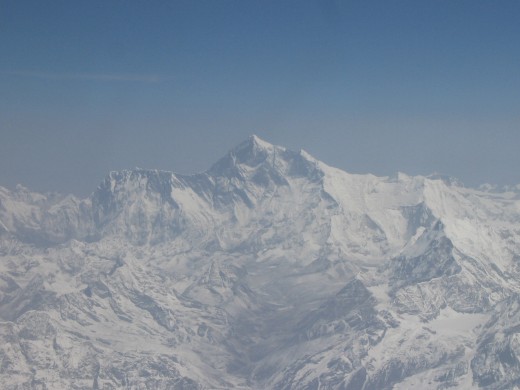
Altitude sickness - more accurately known as Acute Mountain Sickness (AMS) - is something all hikers need to remain very aware of as it has the potential to affect anyone elevating to 2,500 meters and higher. In spite of what most people think, it is not the actual altitude which poses the threat, it is the speed by which hikers reach higher altitudes which causes the problems. Happily, altitude sickness is quite preventable: hikers simply need to ascend slowly as this gives the body time to adjust to the smaller quantities of oxygen available in the air. As a general rule of thumb, hikers should adhere to the following guidelines:
-
spend two to three nights between 2,000 and 3,000 meters before going higher,
-
once at 3,000 meters sleep an average of 300 meters higher each night with a rest day every 900-1,000 meters.
It should go without saying that anyone who starts to experience the symptoms of AMS should inform their guide/companions straight away and refrain from hiking any higher.
Malaria
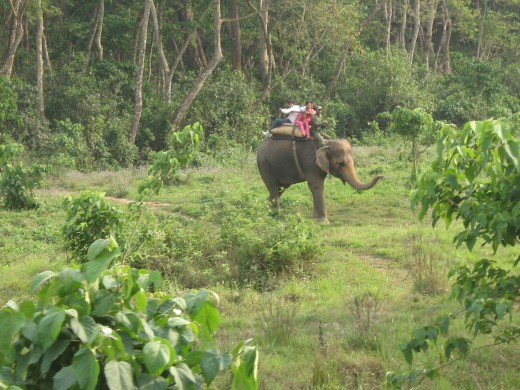
Malaria is carried only by the lowland Anopheles mosquito in Nepal therefore the disease only exists below 1,000 meters. This means that there is no risk of getting bitten by a malaria carrying mosquito while trekking in the mountains, or while resting/sightseeing in or around Kathmandu. However, visitors who want to see the elephants, tigers and crocodiles in Chitwan National Park (a World Heritage Site located in the subtropical Inner Terrai lowlands) during April to October should consider taking measures to protect themselves against malaria. Whilst the actual risk of contracting the disease - especially when visits are short – is minimal, adopting a ‘better safe than sorry attitude’ is definitely the best approach.
Suffice to say, prevention is always better than cure so doing all that can be done to avoid being bitten is far and away the best form of defense. The Anopheles mosquito is only active between early evening and dawn so visitors should cover up their arms and legs between these times and use mosquito repellent on any areas of skin which remain exposed. It is worth noting that many of the leading accommodation providers at Chitwan spray their premises regularly with mosquito killing chemicals during the summer months.
Summary
Whilst worrying about a strange and seemingly exotic destination is a natural thing to do, the reality is Nepal holds relatively few fears for savvy travelers. To be sure, visitors who take the time to research their destinations and make suitable preparations in advance of arriving will invariably get to enjoy a safe, trouble-free and thoroughly enjoyable time while hiking here.
